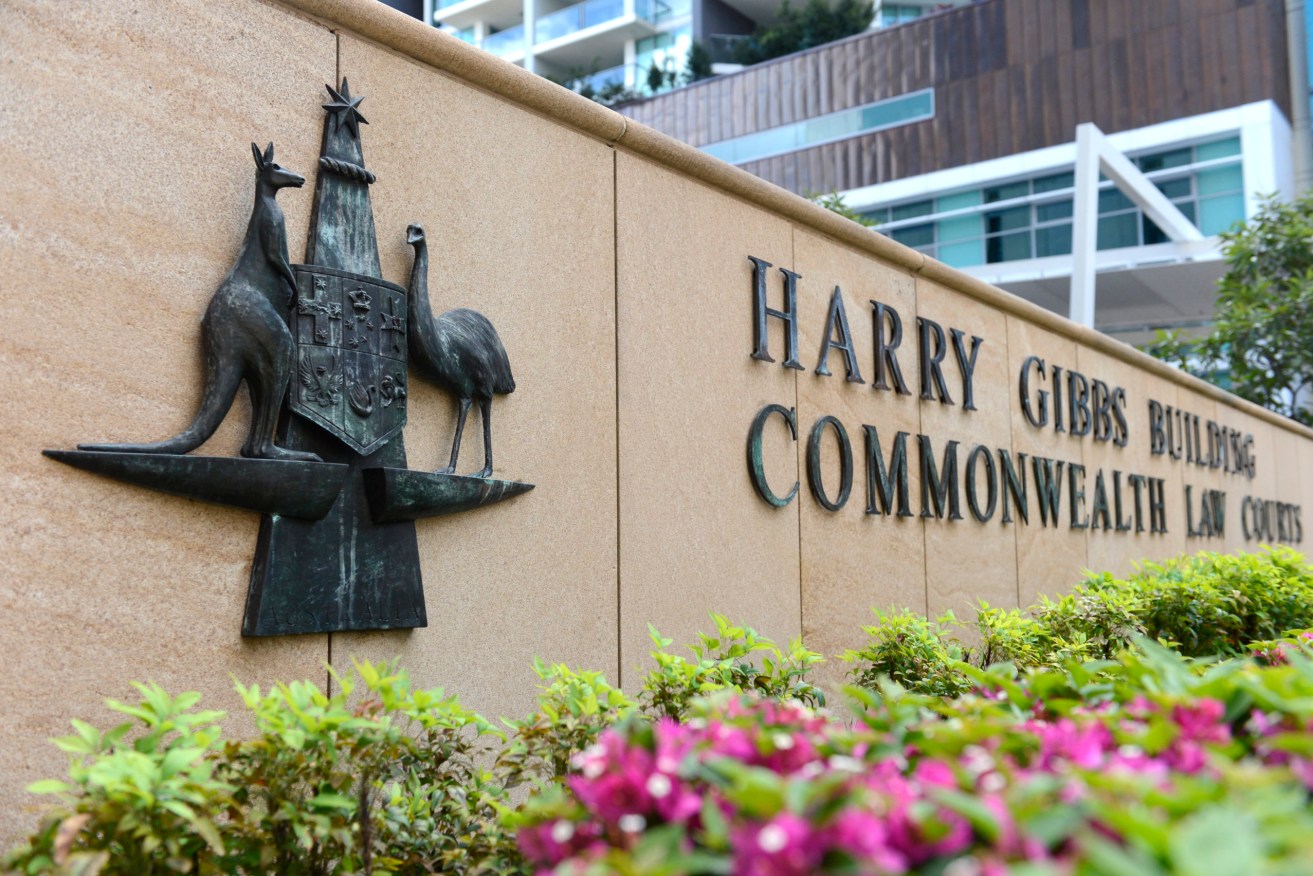Class action against medical giant cost almost $40 million in legal fees
Johnson & Johnson and its subsidiaries lost the first round of a pelvic mesh lawsuit and have quietly paid the legal costs incurred by a Brisbane-based firm.

Shine Lawyers won the first round of a pelvic mesh class action in the Federal Court. (AAP Image/Dan Peled)
Implanted mesh devices have been used to help some women in the treatment of pelvic organ prolapse and stress urinary incontinence, however others have suffered very serious complications. This has sparked a global crackdown and ongoing legal action involving hundreds of women in Australia alone.
Last year, a Federal Court judge ordered Johnson & Johnson, and subsidiaries including Ethicon, to pay $2.6 million in damages to three Australian women over devices found to have caused them significant and ongoing harm. It followed a class action launched by Shine Lawyers in 2012.
Ann Sanders, Kathryn Gill and Diane Dawson were awarded individual figures ranging from $555,555 to $1,276,113, however they have yet to be paid because the companies have lodged an appeal while facing similar claims from other women. Out-of-court settlements are also being sought, and some companies are exposed to legal action in several countries.
Johnson & Johnson and its subsidiaries were also ordered to pay legal costs for the complainants’ action, which has delivered the biggest hit to date.
InQueensland has learnt that, in line with an order made in November, the respondents deposited $39.8 million into the Shine Lawyers trust account on December 23. That money will only be returned if the appeal is successful.
Federal Court Justice Anna Katzmann had found “overwhelming” evidence in support of the women’s claim, and that the devices were not fit for purpose, not tested properly, and of poor quality.
The latest development came as the Federal Government continued to tighten the regulation around mesh devices. While certain devices were banned in 2017, some were reclassified by the Therapeutic Goods Administration, leading several manufacturers and sponsors to cancel their entries on the Australian Register of Therapeutic Goods rather than meet the tougher requirements that came into force last month.
This will result in a shake-up in the private sector this month when those devices will no longer be available on the government-managed Prostheses List.












